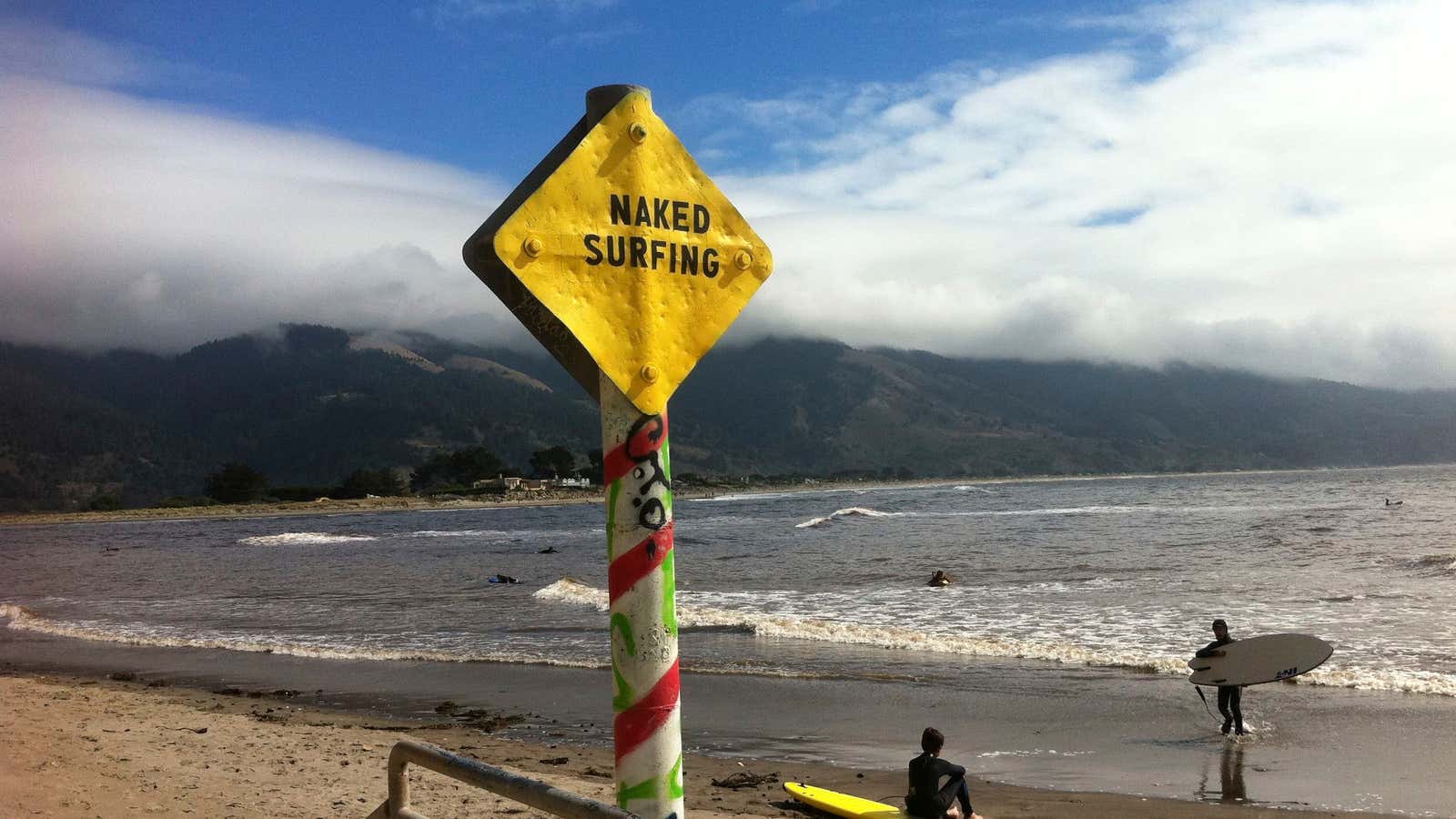Have environmentalists already won the war over fracking in California?
It’s starting to look that way. A trio of bills swiftly moving through the state’s legislature would ban hydraulic fracturing, also called fracking, until the practice is deemed safe.
The bills are among nine pieces of legislation currently under consideration that would effectively restrict drilling in the Monterey Shale, a geological formation that holds an estimated 15.4 billion barrels of oil, the largest such reserve in the US. Unreachable by conventional drilling, the Monterey Shale has come into play with advances in fracking, which injects chemical-laced water into wells under high pressure to fracture rock formations so oil and gas can be extracted.
California may be home to a burgeoning green technology industry, but it is also the US’s fourth-largest oil producer. And although the state has passed the nations’ strictest environmental laws, fracking, strangely, remains largely unregulated.
Not for much longer. Aside from the raft of legislation, the state agency that regulates oil and gas drilling is moving to adopt new regulations that would require oil and gas companies to notify authorities before they begin drilling and disclose the location of wells and chemicals used in fracking fluid. In March, southern California air quality regulators required drillers to make similar disclosures and report any air pollutants emitted during fracking.
The oil and gas industry suffered a further setback in April when a federal judge ruled that the US Bureau of Land Management illegally approved leases for drilling on government-owned land in California without properly considering the potential environmental impacts of fracking.
An oil industry trade group voluntarily reported to the state that 27% of the 2,300 new wells drilled California in 2011 involved fracking.
The bills now making its way through the state legislature would impose some of the strictest regulations on fracking. Attention is focused on Senate Bill 4 (SB4), introduced by state senator Fran Pavley, who co-authored California’s landmark 2006 global warming law.
SB4 would bar the issuance of drilling permits until a scientific study on the environmental impacts of fracking is completed. People who live near fracking operations could request that regulators test well water to ensure drilling has not contaminated drinking water.
As concerns grow that fracking may exacerbate water shortages—California faces dry times due to declining snow packs—another bill, AB649, would ban the use of fresh water in fracking and prohibit drilling near aquifers. AB1323 would ban fracking “until a study shows how it can be done safely.”
The oil and gas industry argues the bills would end the fracking boom before it has even begun. “This would unnecessarily and substantially threaten our supplies of oil and natural gas, raising business costs and harming California’s economy,” the Western States Petroleum Association said in comments submitted in opposition to the legislation.
Last year the industry managed to derail similar legislation. But the political landscape looks much different in 2013. Democrats now hold a supermajority in the legislature. And while governor Jerry Brown, a Democrat, has expressed support for the responsible development of shale oil and gas reserves, his legislative colleagues hold the votes to override a veto of anti-fracking bills.
